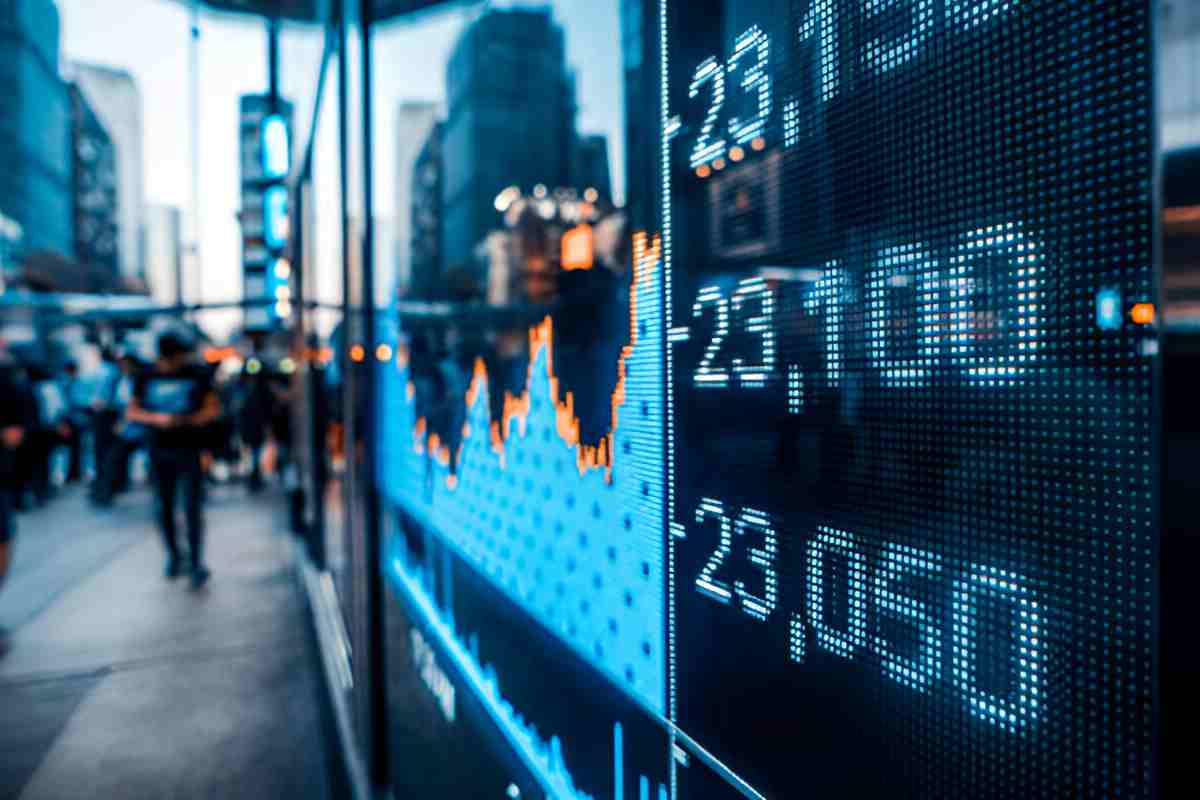In the world of high-end commerce, the luxury market stands as a beacon of quality and exclusivity. This sector, which spans from designer apparel to premium automobiles, not only caters to the desires of the affluent but also plays a significant role in the global economy. The intricate relationship between luxury consumer behavior and economic fluctuations forms a compelling narrative, revealing the resilience and adaptability of the luxury sector amidst changing economic landscapes. Understanding the luxury market is not merely about appreciating the finer things in life but also about recognizing the economic forces that shape our world.
Table of Contents
The Psychology Behind Luxury Purchases
The psychology behind luxury purchases is a complex landscape shaped by digital influencers, brand loyalty, and generational shifts in consumption. Today, influencers have a profound impact, shaping tastes and trends with every post, while brand loyalty remains a powerful force driving consumer decisions. Moreover, younger consumers are redefining luxury, prioritizing experiences and sustainability over traditional status symbols. This evolution in consumer behavior reflects broader societal changes, indicating that the luxury market is not static but constantly adapting to new preferences and values.
Chiara Baltistan, Head of European Luxury and Sporting Goods at J.P. Morgan, highlights the resilience of the luxury sector amidst economic fluctuations, stating, “Investors are seemingly turning more constructive on the luxury sector. But while the sector is more resilient, we also note that it has never been immune to macro dynamics and has historically been late cyclical.” This insight underscores the luxury market’s ability to navigate economic trends while acknowledging its vulnerability to broader macroeconomic dynamics.
Navigating Currency Dynamics
Currency fluctuations significantly impact luxury pricing and market accessibility, creating challenges and opportunities for luxury brands. These brands, with their global presence, often find themselves navigating the volatile waters of currency dynamics. Strategies such as hedging against currency risks and adjusting pricing strategies across different regions are employed to maintain market stability. This section explores how luxury brands strike a balance between remaining competitive and preserving their exclusive appeal amidst currency fluctuations.
Economic Indicators and Their Impact
The health of the luxury market is closely tied to broader economic indicators such as GDP growth, inflation rates, and consumer confidence indices. These indicators serve as a barometer for luxury spending, revealing a nuanced relationship between economic health and luxury demand. While the luxury market has demonstrated resilience during economic downturns, it is not immune to the effects of broader economic challenges. This interplay between luxury demand and economic health offers insights into the sector’s sensitivity to global economic climates.
Insights from Bain & Company
Bain & Company provides invaluable insights into the currents shaping the luxury sector. Their analysis not only highlights the resilience of the luxury market but also underscores its vulnerability to macroeconomic dynamics. By integrating expert perspectives from Bain & Company, we gain a deeper understanding of the forces at play, from consumer behavior to economic indicators. This expertise illuminates the path forward, offering a compass by which to navigate the ever-evolving landscape of luxury commerce.
The Digital Revolution in Luxury
The digital revolution has transformed how luxury brands connect with consumers and curate luxury experiences. E-commerce platforms and social media have become essential channels for brand visibility, while technology enhances the luxury experience. This digital transformation is redefining luxury for the digital age, creating opportunities for brands to innovate and engage with consumers in unprecedented ways.
Competitive Pricing and Sustainability
Cosette exemplifies a unique approach to offering value without compromising the prestige of luxury brands. Through exclusive networks and high-end buyers, Cosette leverages overstock to source pieces from leading brands, providing customers with access to luxury goods at more accessible price points. This strategy not only meets the demand for affordable luxury but also aligns with the growing consumer preference for sustainability. Cosette’s model demonstrates how competitive pricing and sustainability can coexist, offering a blueprint for the future of luxury retail.
Deloitte’s Economic Analysis
Deloitte’s comprehensive analysis offers a bird’s-eye view of the economic drivers underpinning the luxury market. Their findings shed light on the health of the luxury market, its future prospects, and the potential impact of regulatory changes. This analysis serves as a critical tool for navigating the complexities of the luxury market, providing a roadmap for brands and consumers alike.
Embracing Sustainability
Sustainability has emerged as a core value for both luxury brands and consumers. Innovative practices aimed at reducing environmental impact are not just ethical choices but strategic ones. This shift towards sustainability reflects a broader societal change, where luxury is not just about exclusivity but about making a positive impact on the world.
The Future of Luxury
As we look to the future, the luxury market stands on the brink of profound transformation. The ability of the luxury sector to navigate economic challenges will depend on its commitment to sustainability, digital innovation, and understanding evolving consumer preferences. In this dynamic landscape, the brands that thrive will be those that not only anticipate change but embrace it, crafting a vision of luxury that is as resilient as it is radiant.

